Music is proven to benefit students with learning differences.
We Believe Little Fingers Can Do Big Things
Music has a profound impact on children with learning differences, providing them with numerous benefits that enhance their overall development.
We Believe Little Fingers Can Do Big Things

Unlock the Transformative Power of Music for Every Child
At Musicology Lab, we believe every child deserves access to the joy and benefits of
music.
Our See it. Say it. Play it. method is an innovative, inclusive piano education system designed specifically for children—even those with neurodivergent learning needs.
Developed with 30 years of research and real-world success, our approach integrates multi-sensory learning strategies that engage auditory, visual, and tactile senses.
This ensures every child can connect with music in a way that works uniquely for them, and it adheres to NAfME (National Association for Music Education) standards, ensuring the highest quality of music education for every learner.
Why Choose Musicology Lab for Neurodivergent Learners?
1. Proven Success
Our system has been successfully implemented worldwide, including training 25 teachers at 5 preschools in Dubai. Our program has been honored with 2 prestigious awards from Education 2.0 in both the UAE and Las Vegas, validating its effectiveness.
2. Inclusivity & Accessibility
Our curriculum is designed to be inclusive and welcoming for learners of all abilities. Whether a child is neurodivergent or has specific learning differences, our program adapts to each child’s needs to ensure success. We align with NAfME standards for music education, ensuring that we deliver high-quality instruction and meet national educational guidelines.
3. Supports Cognitive & Emotional Growth
Engaging children in music education can boost cognitive abilities by 20%, increase vocabulary acquisition by 25%, and reduce stress and anxiety by up to 30%. Our approach not only builds musical literacy but fosters overall cognitive, language, and emotional development.
4. Parental Involvement
We believe in the power of a collaborative approach. We provide parents with the tools and resources they need to support their child’s growth at home. This involvement leads to greater success, as children continue learning and growing outside the classroom environment.
5. Customized for Neurodivergent Learners
Neurodivergent children, including those with autism, ADHD, and other learning differences, often face unique challenges in traditional learning environments. At Musicology Lab, we offer a customized approach that addresses these challenges, using methods that cater to each child’s communication style and learning needs.
Our Approach: Simple, Engaging, Effective
1. Imaginative
Children embark on musical adventures with characters like Mama Panda and Baby Panda, turning learning into a fun and exciting journey.
2. Innovative
We combine rhymes, games, and songs that revolutionize traditional music education. Instead of traditional syllables like “Ta” and “Ti-Ti,” we use relatable words like “Pa” and “Ma-Ma” to make rhythm intuitive and fun.
3. Focused Visuals
Our method avoids the use of bright colors and distracting visuals—focusing instead on clear, authentic, black-and-white musical notation. This helps children with visual impairments or color blindness concentrate on the music itself, fostering a direct and meaningful connection to the art.
4. Interactive Learning
Music comes to life through our interactive Note Stories, engaging students in a dynamic learning experience that builds confidence and nurtures a love of music.
5. Kinesthetic and Precision Tools
Our program includes hand signs for kinesthetic learning, allowing children to physically feel and internalize rhythm. Following this, we introduce rhythm sticks for precise timing and rhythm control. This structured progression—from relatable syllables and hand signs to using sticks—provides a robust foundation for future musical growth.
How It Works: A Proven System with Real Results
Our See it. Say it. Play it. method requires just 5 minutes a day for parents to help their children build rhythm, music literacy, and confidence at home. With no upfront cost for families, this system is both affordable and easy to implement, making it an ideal solution for schools and families alike. Our program also follows NAfME standards to ensure the quality of music education aligns with the best national practices for early childhood education.
Join the Movement
At Musicology Lab, we are committed to providing a supportive and inclusive music education experience that empowers every child to thrive. We invite you to explore the transformative power of music and discover how our approach can enrich your child’s life, regardless of their neurodiversity.
Contact us today to learn more about
how Musicology Lab can bring the joy of music to your family or school.

Building Confident Little Musicians
With every rhythm clapped, every note read, and every song sung, we’re building confident musicians who see music as an everyday language.
Start your child’s musical journey today.
Expanding Our Age Range
Continuously developing new kits to support musical learning from even earlier ages. Stay in the Loop! Subscribe to our newsletter to be the first to hear about our latest releases and exclusive updates.

